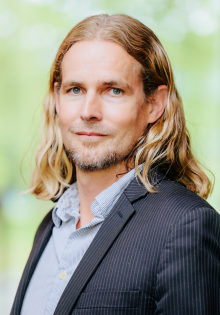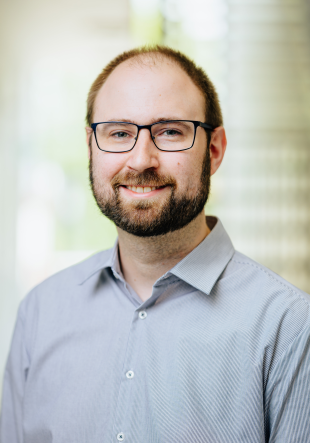Masterstudiengang Optoelectronics and Photonics
Ziel des Masterstudiengangs Optoelectronics and Photonics ist die Verbreiterung und Vertiefung von Kenntnissen und Fähigkeiten auf den Gebieten der Optoelektronik und Photonik. Über ein interdisziplinär angelegtes Lehrangebot mit etwa gleichen Anteilen aus der Physik und aus der Elektro- und Informationstechnik, erwerben die Absolventen ausgeprägte analytische Fähigkeiten sowie die Befähigung zu disziplinärer und interdisziplinärer Forschungs- und Entwicklungsarbeit. Die Absolventen erwerben eine breite Ausbildung im Bereich moderner optischer Technologien und optoelektronischer Informationsverarbeitung. Der Studiengang wird vollständig in englischer Sprache durchgeführt, so dass er auch nicht deutschsprachigen Studierenden offen steht. Die internationale Einsetzbarkeit der Absolventen wird hierdurch ebenfalls unterstützt. Eine besonders praxisnahe Ausbildung wird durch umfangreiche Laborpraktika sowie durch umfangreiche praktische Anteile im Bereich der numerischen Modellierung erreicht. Mit einem Fokus auf optischen Technologien wird die Fähigkeit erworben, Experimente oder theoretische/numerische Verfahren zu konzipieren, durchzuführen und die Ergebnisse einzuordnen und für technische Entwicklungen einzusetzen und anzuwenden.
Studienverlaufsplan Start im Wintersemester

Details
Entry requirements
- Bachelors' Degree in Physics (or an equivalent Natural Science or Engineering degree that includes physical and mathematical fundamentals and a quantum theory course)
- Fluency in English (accredited verification is needed)
- Cambridge English Certificate: Advanced (CAE) or Proficiency (CPE)
- TOEFL 550 (paper-based) or 79 (Internet-based)
- or equivalent (e.g., IELTS 6.0)
- for further details see the admission requirements
Being more practical than a purely scientific masters course, yet retaining much of the academic rigour, successful graduates of the programme will be well prepared, and highly sought-after, in the job market. As well as existing technical industrial sectors, such as R&D, process engineering, technical computing and many others, the programme opens up perspectives in emerging sectors such as quantum technology, which is already attracting bright, well-trained graduates for the next generation of tech start-ups.
Graduates who wish to continue their studies after the Masters programme are perfectly placed to do so. Paderborn University is well-established as a centre of optoelectronics and photonics research, and progression to study for a PhD within one of the many exciting and internationally active research groups is extremely smooth.
- Excellent staff-to-student ratio
- Modern laboratories for practical training and research
- Close cooperation with local and international companies
- Many new workplaces for students
- Compact campus
- Family friendly university
- Very good cafes and cafeterias
- Modern student dorms
- City centre is within walking distance
Living in Paderborn:
- Centrally situated in Germany and Europe
- Low cost of living
- Good infrastructure
- Paderborn überzeugt


